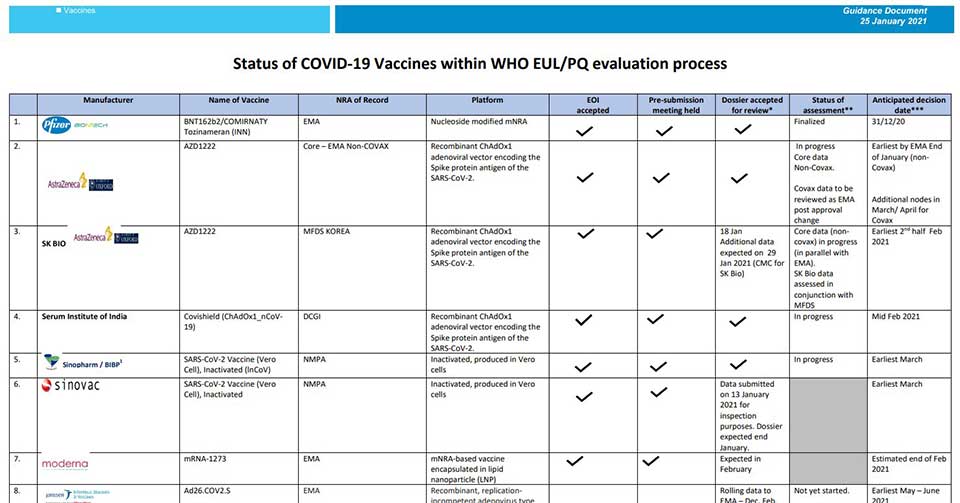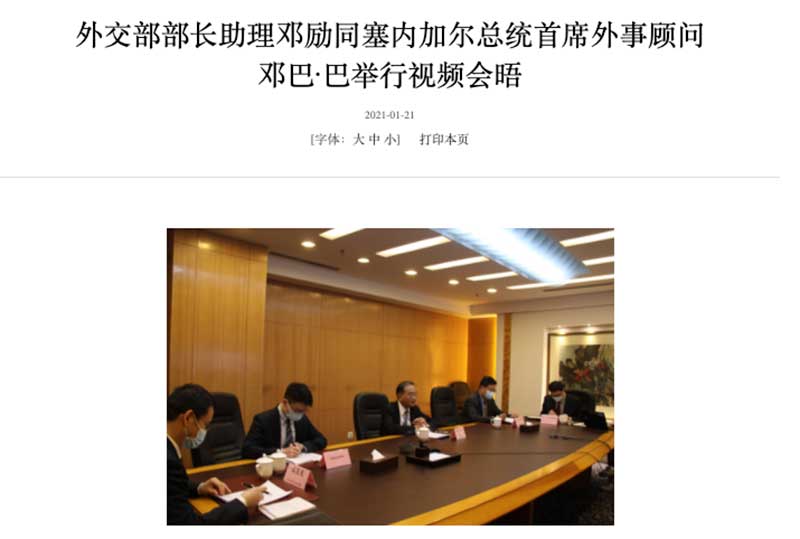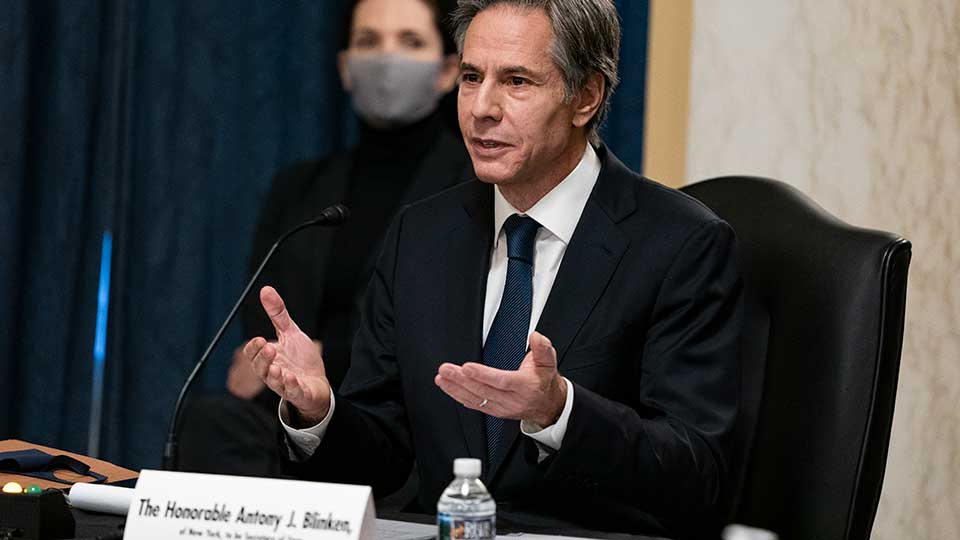The Beijing-based African pay-TV giant StarTimes announced last week it will broadcast a government-produced TV series that, according to the Chinese state-run news agency Xinhua, "seeks to boost Sino-Africa relations."
This is the latest move by the privately-run Chinese media company to produce or distribute content that explicitly supports China's official government agenda in Africa. Last year, for the first time, StarTimes launched a regular news program dedicated to COVID-19 information. The program's narrative closely aligned with that of the Chinese government.
Until recently, StarTimes has steadfastly sought to put some distance between itself and the government, at least in terms of the kinds of programming it broadcasts. Unlike domestic pay-TV operators, StarTimes is not subject to censorship or related restrictions.
Read the full story about "Look to the East" on the Xinhua website.

























